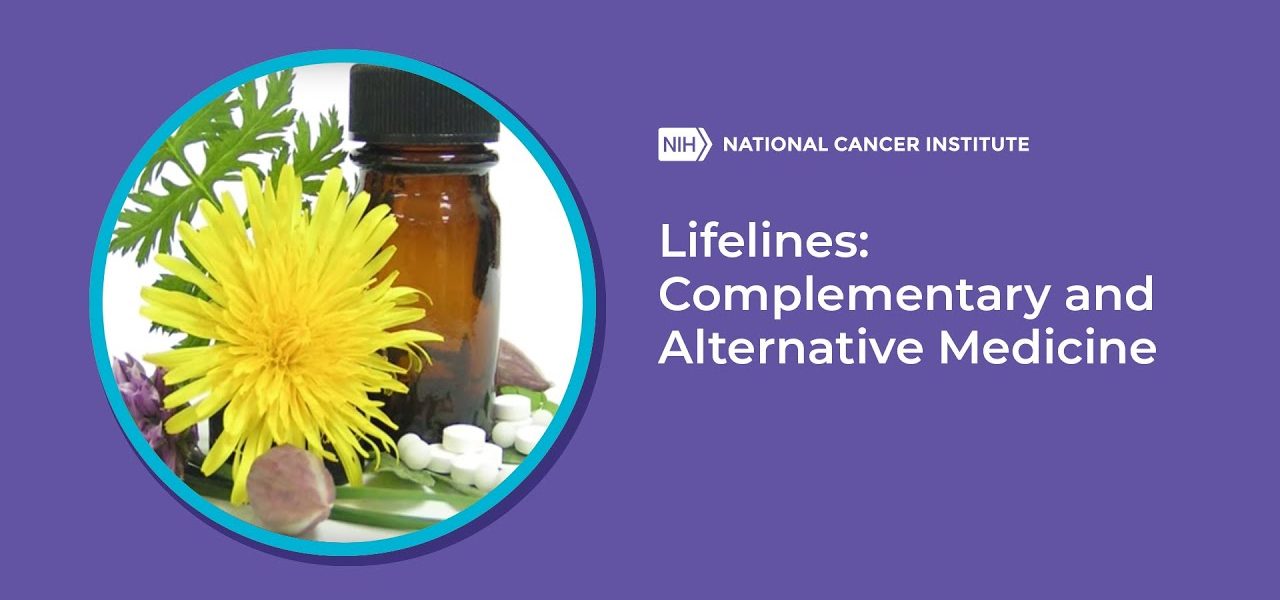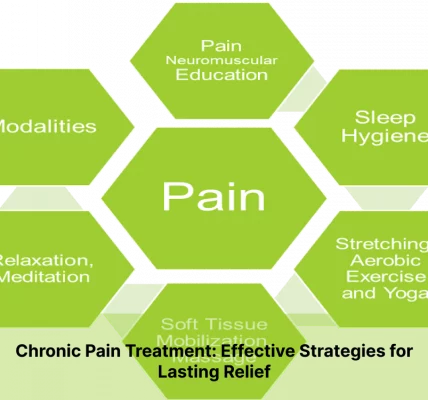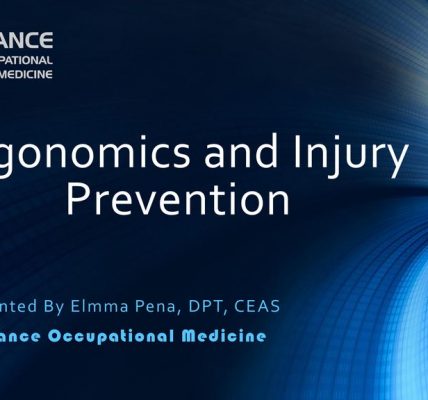Alternative medicine, also known as complementary medicine, refers to a diverse range of practices that are not part of standard medical care. These practices often focus on natural approaches to healing and well-being. While some alternative therapies have been studied and shown to have potential benefits, it’s important to consult with a healthcare provider before incorporating them into your healthcare routine.
Common Alternative Therapies:
- Acupuncture: Involves inserting thin needles into specific points on the body to stimulate the flow of energy.
- Herbal Medicine: Uses plant-based substances to treat various health conditions.
- Homeopathy: A system of medicine based on the principle of “like cures like,” using highly diluted substances.
- Aromatherapy: Uses essential oils to promote physical and emotional well-being.
- Ayurveda: An ancient Indian system of medicine that emphasizes holistic health and balance.
- Chiropractic: Focuses on the diagnosis and treatment of mechanical disorders of the musculoskeletal system, primarily the spine.
- Massage Therapy: Manipulates soft tissues to relieve pain, reduce stress, and improve circulation.
- Meditation and Yoga: Mind-body practices that can reduce stress, anxiety, and pain.
Important Considerations:
- Consult Your Doctor: Before starting any new alternative therapy, consult with your healthcare provider to ensure it won’t interfere with your current medications or treatments.
- Quality and Safety: Choose reputable practitioners and ensure they are licensed and certified.
- Potential Side Effects: Be aware of potential side effects and interactions with other medications.
- Individual Results May Vary: The effectiveness of alternative therapies can vary from person to person.
- Not a Substitute for Conventional Medicine: Alternative therapies should not replace conventional medical care, especially for serious health conditions.
While alternative medicine can offer complementary benefits, it’s essential to approach it with caution and seek guidance from qualified healthcare professionals. By combining conventional medicine with appropriate alternative therapies, you can achieve optimal health and well-being.




